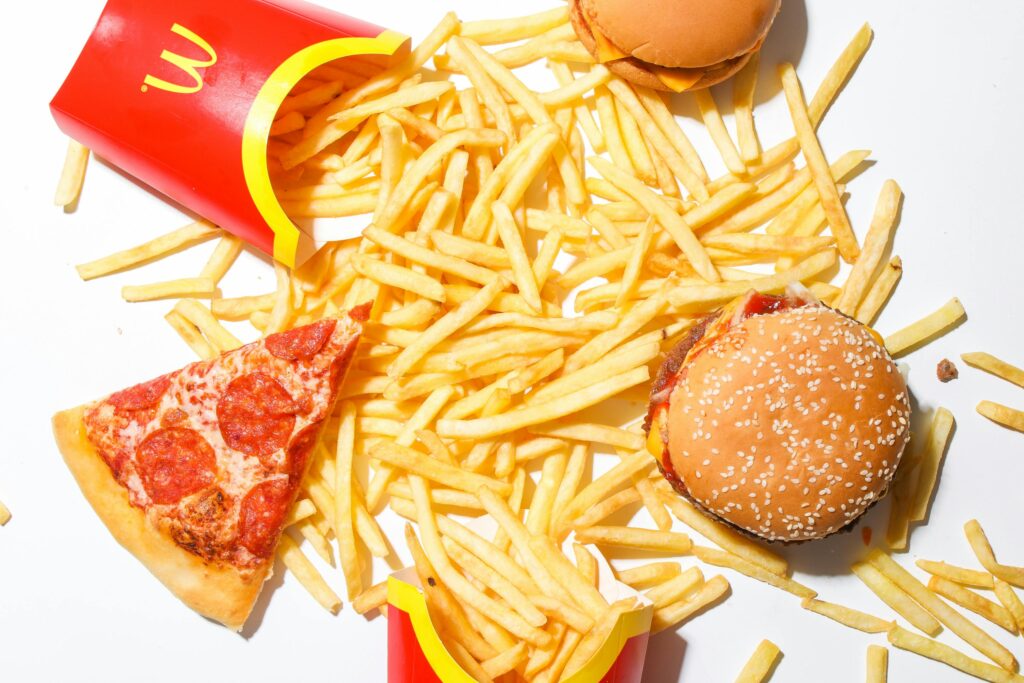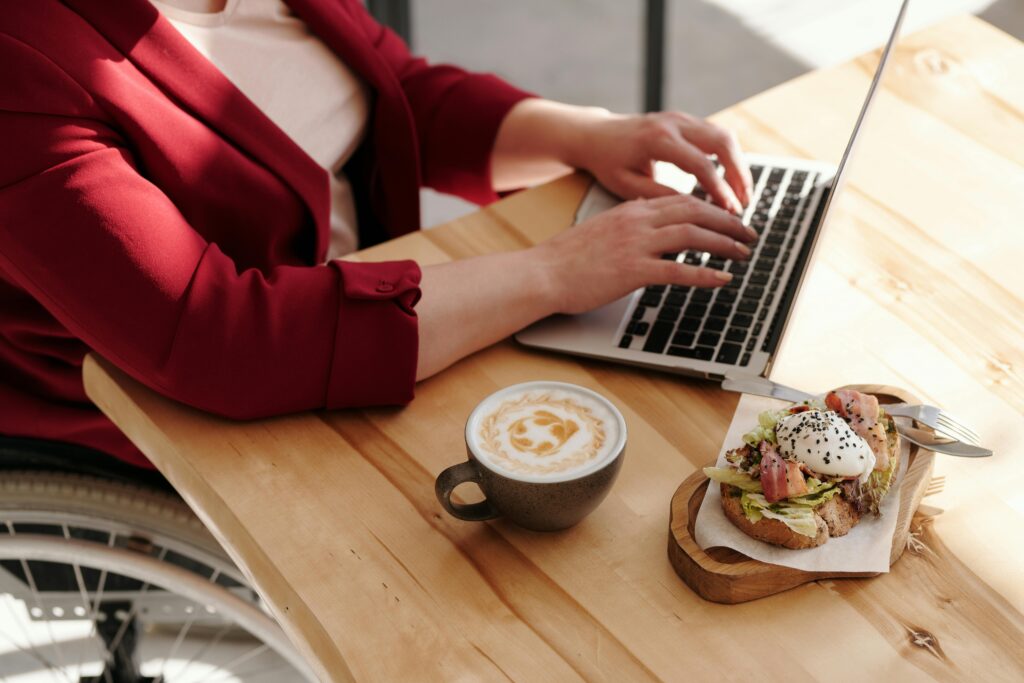Obesity as a Social Epidemic: Why Your Friends’ Weight Predicts Your Own
We believe that gaining weight is an intimate affair. A fight was held at a grocery store aisle and the gym. An individual issue of self-discipline. However, what is the other half of the story?
Imagine you are more likely to become vegetarian because of friends who have not visited you in years? Social research made headways could tell us a painful truth: obesity is contagious.
These are your friends, family, and colleagues who are not only controlling what you listen to and like to do but they may also be doing the same to your waistline.
This paper discusses the influential peer effect on weight gain and why this relationship plays a key role in lowering the obesity problem in America.

The Contagion of Obesity: More Than Just Calories
- Events like obesity epidemic in America are not a secret. Latest forecasts are bleak. Without significant effort in overcoming this challenge, the population of already-obese individuals in the U.S. would be nearly 260 million by the year 2030.
- But to get out of this crisis we can not refer to biology and free will. I would need to seek a connection.
- Since A Case Study is a published piece of research by the New England Journal of Medicine, it concluded that the likelihood of a person having a friend who is becoming obese also increases (57 percent) because of the friend.
- This can be done even in a case where such a friend is a hundred miles afar.
- This means that obesity is not a health issue it is a social epidemic.
One of the major factors, though perhaps not the most crucial aspect, is physical inactivity. This place here is envisioned as belonging to the storey.

How Does Peer Influence on Weight Gain Actually Work?
The mechanism isn’t a virus. You can’t “catch” obesity. Rather, it is infected under the affect of social behaviours and norms.
Our circles of friends are another powerful group of reflections that imply that such and such is assumed to be normal and acceptable.
- Shifting Social Norms: When everybody in the society is swelling, the standard body size as conceived by those is altered. This will make you less aware of the fact that you are becoming overweight.
- Behavioral Mimicry: This behavioural mimicry is unconscious recreation of the behaviour of individuals surrounding us. You will also when your friends get dessert and huge amounts of food or want to go to places that are unhealthy. Quite on the contrary, healthy behaviours are viral.
- Changing Activity Patterns: Social relation defines our activity. Physical fitness is encouraged by a network whose values exceed those of hiking, sporting, and active outdoor excursions. A stimulates the audience to sit down.
- This peer pressure is implacable, perennial and supreme. It restores our ideas of reasonable-unreasonable and healthy (or unhealthy) decision as natural.
The Data: A Network-Wide Phenomenon
Close acquaintances are not the only people affected by the influence of social networks and obesity. A study reveals the effect has ripple effects across our whole network:
- Friends: For the most influential.
- Risk in a sibling: It means that the odds of becoming obese are 40% higher through this factor because a sibling is obese.
- Spouses: It cannot be less risky because it raises the risk of someone who becomes obese by their spouse.
This tendency shows clearly that our social world is a determinant of health of crucial determinant. The social dynamics need to be addressed to solve the obesity epidemic.

Breaking the Chain: How to Build a Health-Conscious Social Network
The good side of it is that it is possible to spread the vice, and therefore be as well. Your peer influence can provide you with the necessary motivation to utilise your well being.
- Be the Influencer: You can roll your own new standard. Substituting unhealthy diet, suggesting physical exercises and talking your friends about your work out can be a boost to your group.
- Curate Your Inner Circle: Does the person you keep close to you care about the people around you. Find new friends who already adopted the healthy lifestyle your prefer. Their ways of living will get in our way.
- Find Your Tribe: Attend fitness, a running group and sports recreation. This will allow you to form new social networks that will have health as the most basic shared value.
- Take Advantage of Technology: Via social media and candidates. Inspire their followers, follow on good recipes and share your shop and attract other followers.
Frequently Asked Questions (FAQs)
Does this mean I should ditch my friends if they gain weight?
Absolutely not. The goal is awareness, not isolation. Understand their influence and make a conscious choice to be a positive health influencer within your existing relationships. Suggest healthy activities and make better choices together.
Is genetics still a factor in obesity?
Yes, biology and genetics play a significant role. However, the social network effect is an independent, powerful force. It can accelerate or mitigate genetic predispositions based on the behaviors your environment encourages.
How strong is the peer influence compared to diet?
They are deeply intertwined. Your social network heavily influences your dietary choices—where you eat, what you eat, and how much you eat. It’s not a competition between factors; social influence is a key driver of dietary behavior.
Where can I find data on obesity rates?
Reputable sources like the Centres for Disease Control and Prevention (CDC) and the USDA Economic Research Service provide extensive data and analysis on obesity trends.
Can this social effect work in reverse for weight loss?
Conclusion
American obesity is ecological, economical, as well as biological dimension of issues. A thin thread of social goes like a cord. The freedom to know that obesity is a social epidemic is liberating. It will pull us away off the axis of self-accusation into the realm of the group chain of action and power. Neither is it by products of that biology we are nor the environment. Our social networks can be dealt with deliberately by modifying them to render the environment in our favor hence healthy choice is the least challenging choice. One friend can pave the road to the healthier nation.

